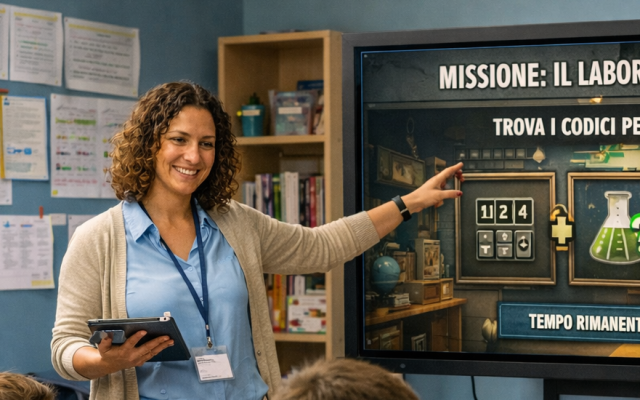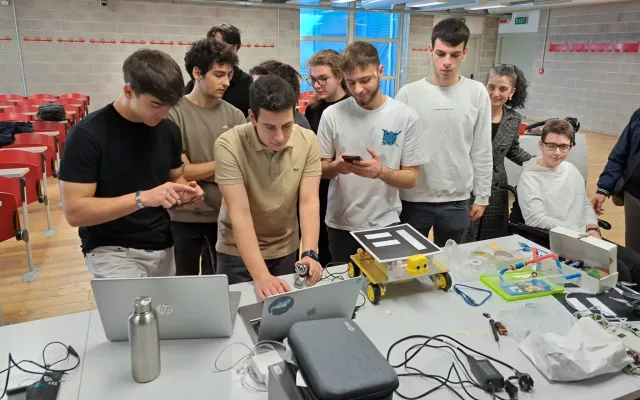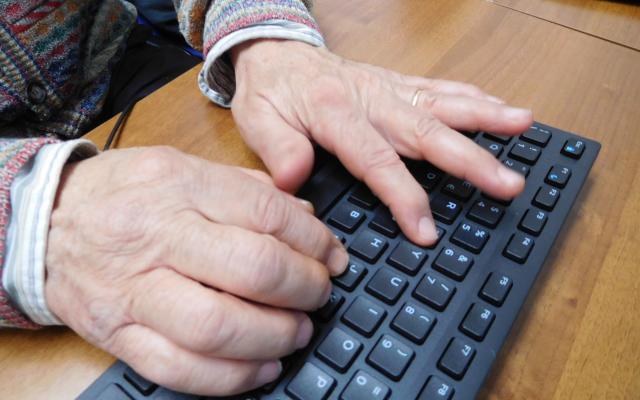European Project Trust aWare: Main Results
“Drive trust and collaboration.” This is how Project manager Annaleda Mazzucato summarises the objective of European Project Trust aWare that is nearing its conclusion. Here are some of the results achieved by the consortium of “specialised” organisations from seven countries: Italy, Spain, Romania, France, Ireland, Czech Republic, and Finland.
In a period characterised by rapid technological progress and an increase in digital interactions, trust plays a fundamental role in shaping our on-line relations. Recognising the importance of trust in digital environments, Project Trust aWare undertook a journey to explore and improve trust by developing easy-to-use tools that allow individuals and organisations to efficiently safeguard their IT security.
There are many aspects to trust in digital environments, including factors such as transparency, reliability, security, and privacy. However, building and maintaining trust can be difficult, especially in contexts in which individuals interact with unknow platforms, technology, and agencies. Pilot initiatives conducted by Project Trust aWare have provided precious indications on the dynamics of trust and collaboration strategies. Here are some key results of the pilot actions:
- Strategies to build trust – Transparency and responsibility play a fundamental role. Platforms that provide clear information on their policies, on what they do with data, and on adopted security measures are perceived as being more reliable by users. Moreover, the initiatives that actively involve users in decision-making processes and ask for feedback have proven to have a greater commitment to building trust through collaboration.
- User-centric design – user experience has emerged as a critical factor with regard to the perception of trust. Platforms that give priority to user-centric design such as intuitive interfaces, custom-tailorable privacy preferences, and reactive client assistance provide greater trust. By placing user needs foremost, these platforms reflect as sense of responsibility and control, strengthening trust.
- Community involvement – is fundamental for trust in on-line ecosystems. The platforms that promote significant interaction, simplify knowledge sharing, and promote positive social regulations within their communities are capable ot establishing a community and collective responsibility. Thanks to collaboration and shared values, these communities have developed resilient trust networks that form a basis for reciprocal support and cooperation.
- Technology and trust – technology plays a twofold role in shaping the perception of trust. If on the one hand innovative technology like blockchain and cryptography have provided promising solutions to improve security and transparency, on the other they have introduced new challenges and complexities. Pilot projects have highlighted the need to conduct research and innovate continuously to develop technology that will increase trust and be accessible, inclusive, and in line with user needs and expectations.
Trust is not just a static attitude, but a dynamic process that evolves over time through interactions, experiences, and collaboration. It is important to adopt collaborative approaches to drive trust and develop a more reliable digital ecosystem. Whether its user-centric design, community involvement, or technological innovation, every aspect contributes to the overall effort to promote trust and responsible digital citizenship.
In conclusion, Trust Aware provides us with precious lessons and good practices to cultivate trust in digital environments. By giving priority to transparency, user responsibility, and community collaboration, interested parties can pave the road towards a future in which trust will become the cornerstone of digital interactions, allowing us to navigate the complexity of the digital world with trust and integrity.




